The Defense Rests: Google Antitrust Trial Prepares for Closing Arguments
The DOJ and Google have wrapped up their arguments in the high-stakes antitrust trial against the internet giant, with closing arguments scheduled for November.
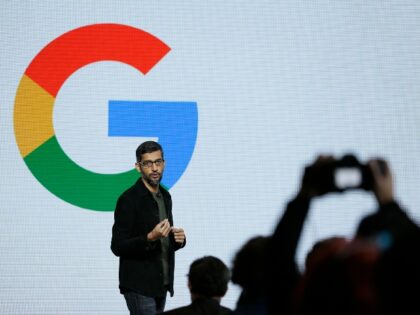
The DOJ and Google have wrapped up their arguments in the high-stakes antitrust trial against the internet giant, with closing arguments scheduled for November.

An expert witness called by Google in its ongoing antitrust trial has asserted that the tech giant does not hold monopoly power over the advertising market, contradicting claims made by the DOJ.

Google has filed an antitrust complaint with the European Commission, accusing Microsoft of using unfair licensing contracts to stifle competition in the cloud computing industry. Google’s charges become especially interesting in light of the fact that the internet giant has itself been the subject of two different antitrust cases this year.

In an ongoing antitrust trial, Google is pushing back against the U.S. Justice Department’s accusations that it operates its ad business as a monopoly. In the face of emails and other internal documents laying out Google’s plan to crush rivals by increasing its stranglehold on the advertising market, one executive testified Monday that “We keep looking for ways to make products better.”
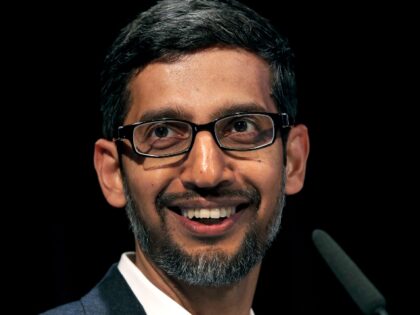
Google employees and executives attempted to hide potentially damaging communications from investigators by using auto-deleting chats and marking emails “privileged and confidential” as a regular course of business — sneaky moves that may backfire on the internet giant as the second antitrust trial against the company rages on.
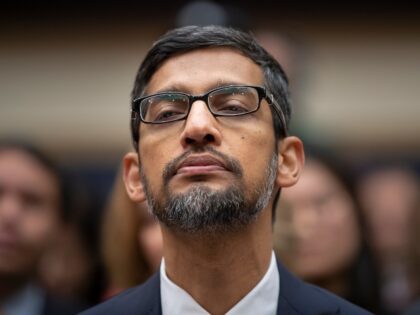
As the DOJ’s antitrust case against Google continues, it is becoming increasingly clear that the judge must decide whether to believe what Google executives wrote in emails and chats or what they have said on the witness stand — like one witness who claimed his emails on crushing competition were “jet-lagged ramblings.”

As Google’s second antitrust trial this year continues, a Boston University economist testified that Google’s stranglehold over the advertising market allows it to charge between 19 and 27 percent higher rates to advertisers than a “competitive market” would allow.

Internal Google documents released during the ongoing antitrust trial against the tech giant have shed light on the company’s efforts to maintain its dominance in the digital advertising industry through exclusivity deals and tying its ad-tech businesses together.
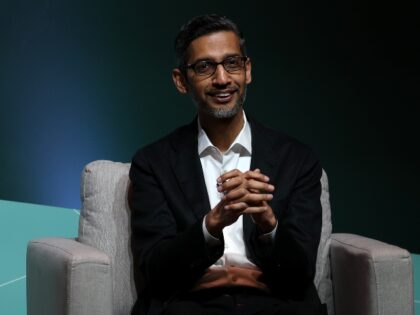
Google is currently on trial for allegedly abusing its dominance in the digital advertising industry, which is valued at approximately $200 billion. Here are a the key points that emerged from the first week in the courtroom.
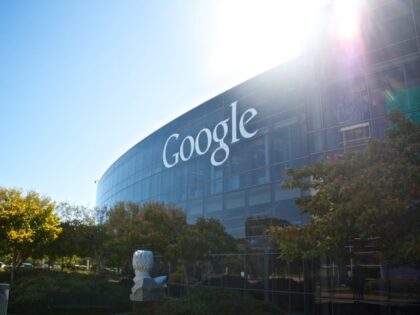
A top attorney for Google, currently defending the tech giant in a landmark antitrust trial, has been revealed to be a key advisor to the Kamala Harris presidential campaign, raising concerns about potential conflicts of interest and political bias.

Google knew that publishers would be unhappy when it implemented measures in 2019 to prevent them from diverting ad sales to competitors, it recognized that its stranglehold over the digital ads market would prevent them from fleeing the internet giant’s ad marketplace, according to internal documents presented at the tech giant’s antitrust trial on Thursday.

A Google executive’s remarks from 2009 about the company’s aim to “crush” competitors in the digital advertising market have come to light during an ongoing federal antitrust trial against the tech giant that focuses on its stranglehold over the ad-tech industry.
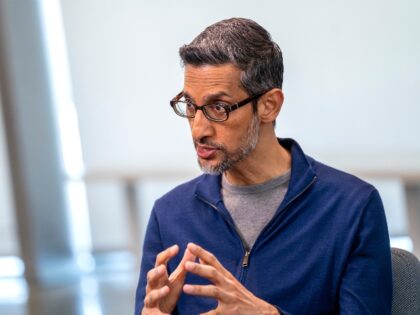
A former advertising technology executive at News Corp testified that the company considered moving away from Google’s advertising products in 2017 but ultimately decided against it due to potential revenue losses of at least $9 million. The testimony came during the second day of the latest antitrust trial exploring Google’s absolute dominance of the internet.
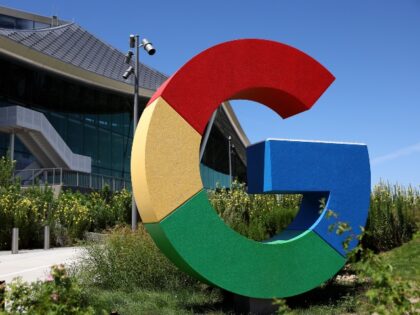
The U.S. Department of Justice’s antitrust trial against Google kicked off on Monday, with the opening day focusing heavily on the tech giant’s impact on publishers through its dominant position in the digital advertising market.
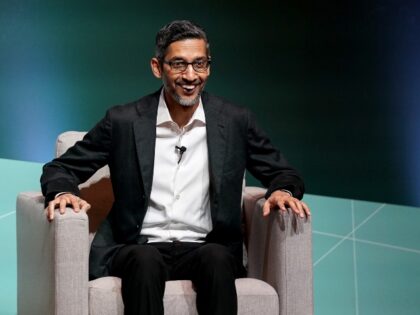
The European Union’s highest court ruled against Apple and Google on Tuesday in two landmark legal cases, delivering a major victory for the bloc’s efforts to regulate the technology industry, and leaving the tech giants facing billions in tax bills and penalties.
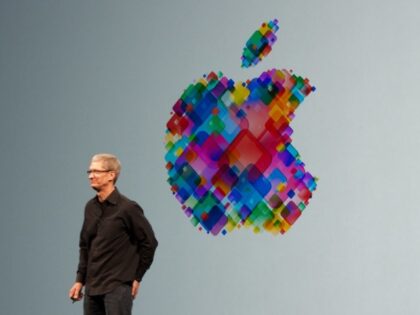
Google is set to face another significant legal challenge as the Justice Department’s antitrust case against the company’s ad-tech practices heads to trial.

Yelp, a long-time rival of Google, has filed an antitrust lawsuit against the search giant, accusing it of engaging in anticompetitive practices in the local search market.

Conservative and populist tech experts are slamming Kamala Harris and the Democrats for attempting to blame Biden-Harris inflation on AI algorithms. In addition to calling for nationwide rent control, Vice President Harris is now echoing far left law firms and

The cozy relationship between the Kamala Harris campaign and Big Tech giants including Google have sparked concerns about potential leniency in antitrust cases if she is elected president.

In the wake of a recent court decision that found Google guilty of illegally monopolizing the online search market, the DOJ is weighing options to restore competition, including a potential breakup of the tech giant.

Matt Gaetz and Mike Lee plan to hold Google accountable should it try to avoid a court-ordered remedy to address its monopolistic status.
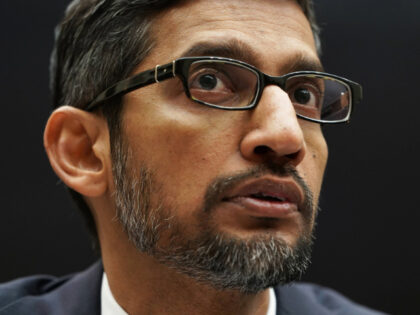
Elon Musk’s X, the social media platform formerly known as Twitter, filed a lawsuit on Tuesday against the Global Alliance for Responsible Media (GARM) and several of its member companies, accusing them of violating federal antitrust laws by orchestrating a boycott of advertising on the platform.
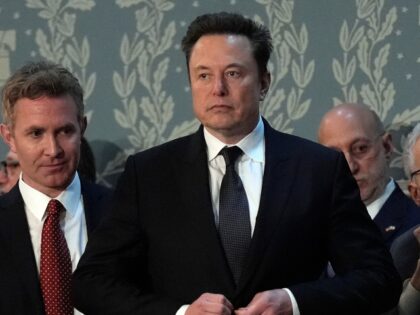
In a landmark ruling, Judge Amit Mehta declared Google a monopolist that has maintained its dominance through illegal practices, marking the most significant antitrust victory since the Microsoft case in the 1990s. The decision could have massive implications for not only Google, but other tech titans including Apple and Microsoft.

Google has lost an antitrust lawsuit over its search arrangements on smartphone devices, with a federal judge ruling that the tech giant has illegally held a monopoly in search and text advertising over the past decade.

Tech billionaire Reid Hoffman, who once visited Jeffrey Epstein’s private island, is bundling millions of campaign donations from Silicon Valley giants for Vice President Kamala Harris’s presidential bid. With the donations comes the demand for Harris to fire the nation’s top trust-buster, Lina Khan, from the Federal Trade Commission (FTC) while also throwing out United States tariffs on foreign imports.

House Judiciary Committee Chairman Jim Jordan (R-OH) engineered some post-Independence Day fireworks by securing appearances from two executives whose companies are allegedly colluding to silence conservative voices in violation of antitrust laws.

Google has successfully circumvented a jury trial in an antitrust case by sending a $2.3 million check to the DOJ, which a judge deemed sufficient to cover potential damages.
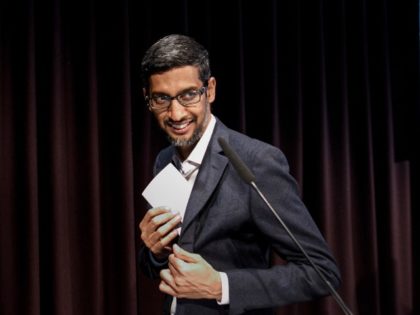
In an attempt to prevent its advertising monopoly case from being heard by a jury, Google has reportedly offered to pay the U.S. Department of Justice a sum covering the full monetary damages sought by the government agency.
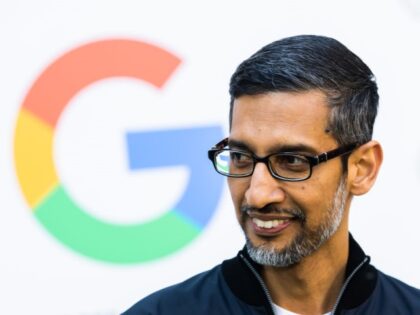
Recent testimony in the ongoing legal battle between Apple and Fortnite developer Epic Games has revealed that major app developers have not embraced Apple’s new outside payment options earlier this year, citing high fees and a lack of meaningful changes. The judge in the case criticized Apple’s new policies, saying, “I’m looking for data and it sounds like you all made lots of decisions without data.”
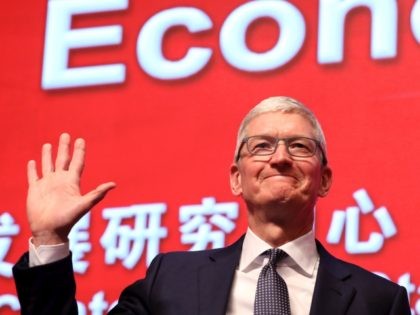
The DOJ has accused Google of encouraging employees to delete sensitive chat logs where they discussed the inner workings of the search giant’s business, including messages potentially revealing the company’s alleged anticompetitive practices and monopolistic intent in the search market.

The most significant antitrust trial in 25 years is drawing to a close in Washington, with Google making its final stand against the DOJ’s efforts to break the tech giant’s death grip on online search.

The European Commission has initiated five non-compliance investigations to examine whether Apple, Google, and Mark Zuckerberg’s Meta are adhering to the new Digital Markets Act (DMA) antitrust rules.

A coalition of conservative and libertarian organizations sent a letter to the DOJ, voicing support for its antitrust suit against Apple.
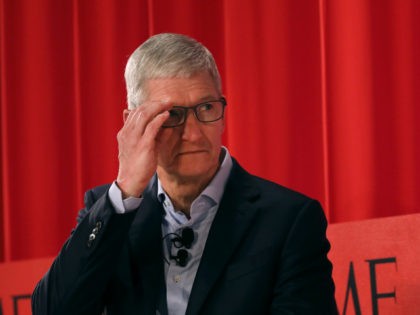
The United States Department of Justice, along with the attorneys general of 16 states and the District of Columbia, filed a landmark antitrust lawsuit against Apple on Thursday alleging that the company has unlawfully monopolized the smartphone market in the United States. Breitbart News has found five key allegations exposing Apple’s monopoly power.
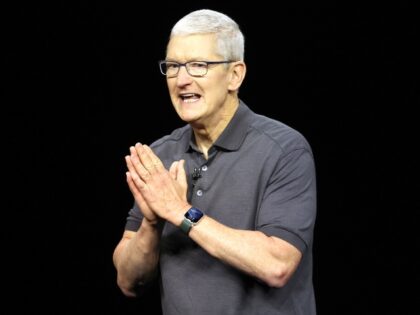
The U.S. Department of Justice has filed an antitrust lawsuit against Apple, targeting the Silicon Valley giant for its stranglehold over the iPhone ecosystem.
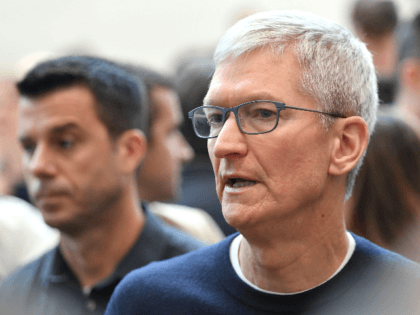
In a landmark decision, the European Union has imposed a hefty $2 billion fine on tech giant Apple for unfairly favoring its own music streaming service over competitors like Spotify.
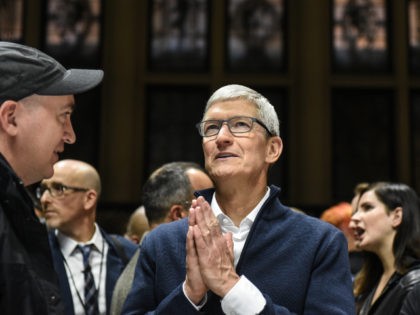
As the landmark Google search monopoly trial draws to a close, Google is standing by its exclusive search distribution deals, arguing they represent fair competition that benefits users.

The New York Post details in a recent report how Google co-founders Larry Page and Sergey Brin have remained notably absent from recent landmark antitrust trials involving their company.

Google has agreed to pay $700 million and implement minor changes to its app store practices, resolving an antitrust lawsuit with all 50 U.S. states.

Epic Games, the company behind the popular video game Fortnite, has defeated Google in its antitrust case accusing the Masters of the Universe of maintaining an app store monopoly, marking a pivotal moment in the ongoing scrutiny of Big Tech’s monopolistic practices.
